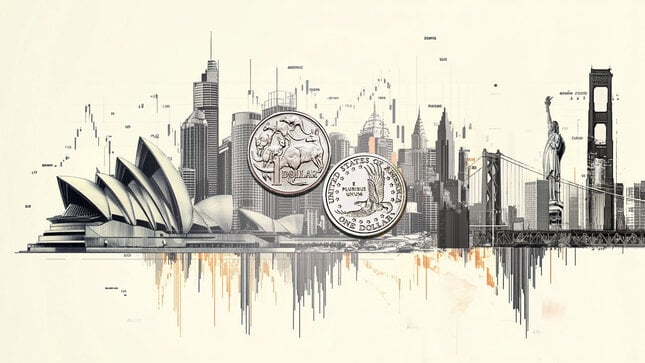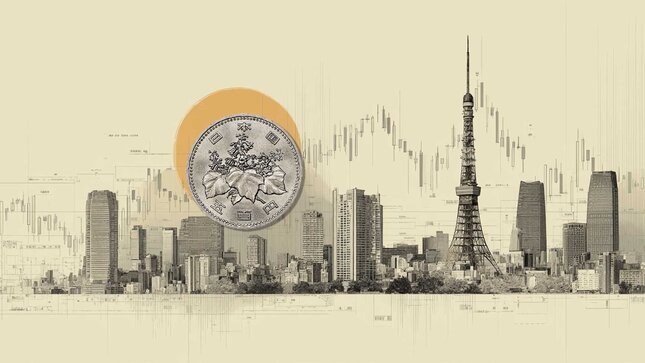I had so much fun on this week’s podcast with @kevinrmuir who is really one of the smoothest interviewers in the podcast business making you feel like you are just shooting the breeze over a couple of beers. But as I started to think this about this week’s column my mind drifted to an episode of the markethuddle.com from a few weeks back when Andrew Beer - a man who specializes in offering low cost hedge fund replication strategies to retail investors - made a throwaway comment that made my ears perk up.
Andrew noted that in their studies of hedge fund returns almost all the alpha occurred within a few first years of performance and for the rest of the time superstar managers simply coasted on their reputation. Don’t believe it? Just pull out any copy of the Market Wizard series by Schwager and take a look at the most immediate ten year returns of the great traders profiled in the books and you will be shocked at the mediocre results.
There are of course exceptions to that rule including Soros and Drukenmiller and especially Renaissance - but they are exceptions that prove the rule as all three titans closed off access to their investment strategies a long time ago making it impossible to participate in their alpha even if you wanted to.
More insidious, in my opinion, is the case of Bill Miller who beat the S&P for 15 years in a row only to absolutely destroy investors portfolios during the GFC of 2008-2009. But here is the thing that kills me. Miller eventually recovered his momo ways and if you average his returns over the whole lifetime of his career he managed to squeak out a tiny premium to the S&P 500. But do you think investors who started with him in 2008 have anything to show for it? No, they are probably still underwater after more than a decade of being in the market or at breakeven at best.
All of this is not a rant against Bill Miller or any other money manager out there - god knows we’ve all had our drawdowns - but rather against the absolute folly of seeking validation for your investment through a track record or a back test. In many other aspects of life, especially in physical matters like engineering a backtest is the absolute best way to make a decision. We couldn’t build roads, buildings, rockets if we didn’t have the historical data to prove that they work. But the very same mindset applied to finance is a disaster waiting to happen. In fact I would say that the single worst way to evaluate the performance of a trader is by their track record.
How many times have you read stories of Morningstar research showing that top performing money managers over the past 3 years almost always end up in lowest quintile over the next 3 years while the worst performing managers, if they are allowed to stay in business, almost always beat the market during that period. In fact, the much better strategy in investing is to always look at the absolute worst performing funds over the past few years and buy them all because you will have a much better chance of beating the market that way, rather than buying the superstars of the moment. Alas that really isn't practical as investors will flee those funds and they will close up shop.
Which brings me to my point - track record seeking or backtesting is simply a variation of the FOMO theme. Investors and traders are just chasing the profits of the past when the actual money is to be made in the unknown future. That's why every beautiful backtest fails the moment it trades live and every bet on a hot manager almost always turns sour very quickly.
Does that mean that I am arguing for no backtesting whatsoever? No, of course not. Anytime you have an idea for a setup you need at least a modicum of validation that it has worked in the immediate past. But a backtest is just the very start of the process. The true art and alpha of trading lies in technique. Just as your grandmother’s recipe for ragu or gefilte fish can taste sublime while yours tastes blah, just as one surgeon can make an incision with minimal blood loss while another one will spout a gusher, just as one basketball player can make a fadeaway jumper seem effortless while another banks a brick after brick the difference between a pro and hack in almost every discipline of life is not knowledge but technique.
And technique requires human practice and refinement. That’s why endlessly optimizing backtests of your algo or running thousands of spreadsheet screens on money managers is not only lazy but counterproductive. You’ll never find your investment success in reams of statistics of the past, but only in insights about market behavior of the present and immediate future.
My favorite way to “practice” and refine my techniques is to run countless hours of price action on the Trading View replay function - it beats the hell out of watching endless hours of TikTok ( though I do that too) and occasionally you will see something tiny that can make a huge difference in your edge.
Lastly, let me leave you with a disclaimer. Everything I write pertains only to trading and even more particularly day trading. There IS actually a very provable model of investing that has worked for centuries specifically in US equity markets - dollar cost averaging into the index. This process eliminates both idiosyncratic and duration risk by sampling equity exposure over a wide variety of securities and time periods. So yes if you want to believe in a backtest that works - this is the only that does.
Past performance is not indicative of future results. Trading forex carries a high level of risk, and may not be suitable for all investors. The high degree of leverage can work against you as well as for you. Before deciding to trade any such leveraged products, you should carefully consider your investment objectives, level of experience, and risk appetite. The possibility exists that you could sustain a loss of some or all of your initial investment and therefore you should not invest money that you cannot afford to lose. You should be aware of all the risks associated with trading on margin, and seek advice from an independent financial advisor if you have any doubts.
Editors’ Picks

USD/JPY gathers strength to near 157.50 as Takaichi’s party wins snap elections
The USD/JPY pair attracts some buyers to around 157.45 during the early Asian session on Monday. The Japanese Yen weakens against the US Dollar after Japan’s ruling Liberal Democratic Party won an outright majority in Sunday’s lower house election, opening the door to more fiscal stimulus by Prime Minister Sanae Takaichi.

Gold: Volatility persists in commodity space
After losing more than 8% to end the previous week, Gold remained under heavy selling pressure on Monday and dropped toward $4,400. Although XAU/USD staged a decisive rebound afterward, it failed to stabilize above $5,000. The US economic calendar will feature Nonfarm Payrolls and Consumer Price Index data for January, which could influence the market pricing of the Federal Reserve’s policy outlook and impact Gold’s performance.

AUD/USD eyes 0.7050 hurdle amid supportive fundamental backdrop
AUD/USD builds on Friday's goodish rebound from sub-0.6900 levels and kicks off the new week on a positive note, with bulls awaiting a sustained move and acceptance above mid-0.7000s before placing fresh bets. The widening RBA-Fed divergence, along with the upbeat market mood, acts as a tailwind for the risk-sensitive Aussie amid some follow-through US Dollar selling for the second straight day.

Week ahead: US NFP and CPI data to shake Fed cut bets, Japan election looms
US NFP and CPI data awaited after Warsh’s nomination as Fed chief. Yen traders lock gaze on Sunday’s snap election. UK and Eurozone Q4 GDP data also on the agenda. China CPI and PPI could reveal more weakness in domestic demand.

Three scenarios for Japanese Yen ahead of snap election Premium
The latest polls point to a dominant win for the ruling bloc at the upcoming Japanese snap election. The larger Sanae Takaichi’s mandate, the more investors fear faster implementation of tax cuts and spending plans.
RECOMMENDED LESSONS
Making money in forex is easy if you know how the bankers trade!
I’m often mystified in my educational forex articles why so many traders struggle to make consistent money out of forex trading. The answer has more to do with what they don’t know than what they do know. After working in investment banks for 20 years many of which were as a Chief trader its second knowledge how to extract cash out of the market.
5 Forex News Events You Need To Know
In the fast moving world of currency markets where huge moves can seemingly come from nowhere, it is extremely important for new traders to learn about the various economic indicators and forex news events and releases that shape the markets. Indeed, quickly getting a handle on which data to look out for, what it means, and how to trade it can see new traders quickly become far more profitable and sets up the road to long term success.
Top 10 Chart Patterns Every Trader Should Know
Chart patterns are one of the most effective trading tools for a trader. They are pure price-action, and form on the basis of underlying buying and selling pressure. Chart patterns have a proven track-record, and traders use them to identify continuation or reversal signals, to open positions and identify price targets.
7 Ways to Avoid Forex Scams
The forex industry is recently seeing more and more scams. Here are 7 ways to avoid losing your money in such scams: Forex scams are becoming frequent. Michael Greenberg reports on luxurious expenses, including a submarine bought from the money taken from forex traders. Here’s another report of a forex fraud. So, how can we avoid falling in such forex scams?
What Are the 10 Fatal Mistakes Traders Make
Trading is exciting. Trading is hard. Trading is extremely hard. Some say that it takes more than 10,000 hours to master. Others believe that trading is the way to quick riches. They might be both wrong. What is important to know that no matter how experienced you are, mistakes will be part of the trading process.
The challenge: Timing the market and trader psychology
Successful trading often comes down to timing – entering and exiting trades at the right moments. Yet timing the market is notoriously difficult, largely because human psychology can derail even the best plans. Two powerful emotions in particular – fear and greed – tend to drive trading decisions off course.

